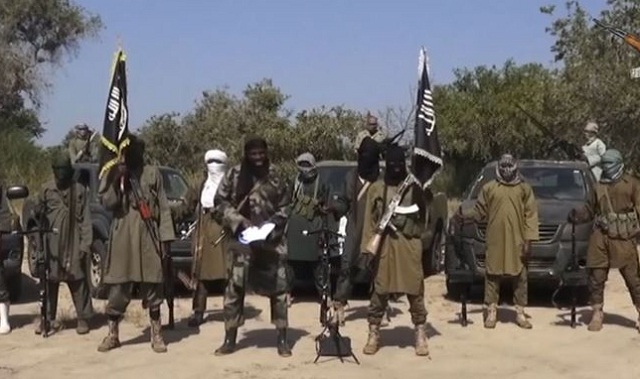
– Human rights concerns –
Similar tensions have been seen elsewhere in Nigeria in relation to separate threats, including over the military handling of protests by pro-Biafran separatists in the southeast.
Protests calling for the release of an imprisoned pro-Iranian Shiite Muslim cleric hung over the Abuja summit, again turning the attention to tactics and possible rights abuses.
Two days of protests on Monday and Tuesday saw at least 115 supporters of Sheikh Ibrahim Zakzaky arrested after running battles with police, who fired tear gas and water cannon.
Zakzaky, the head of the Islamic Movement of Nigeria, has been in custody since December 2015 after troops attacked his supporters in the northern city of Zaria.
More than 300 were killed and buried in a mass grave, according to Amnesty International.
President Muhammadu Buhari’s government has launched a judicial panel to investigate allegations of human rights abuses in the military.
But experts warn any reform will take time — if it happens at all.
“It’s very difficult for the Nigerian army to overturn 50-plus years of a bad reputation,” said Yan St-Pierre, a counter-terrorism specialist at the Modern Security Consulting Group in Berlin.
“People are squeezed between a rock and a hard place. Some don’t feel comfortable with the army or Boko Haram,” he said, warning that “if the military doesn’t have popular support basically the insurgents will have it”.
 The Independent Uganda: You get the Truth we Pay the Price
The Independent Uganda: You get the Truth we Pay the Price





